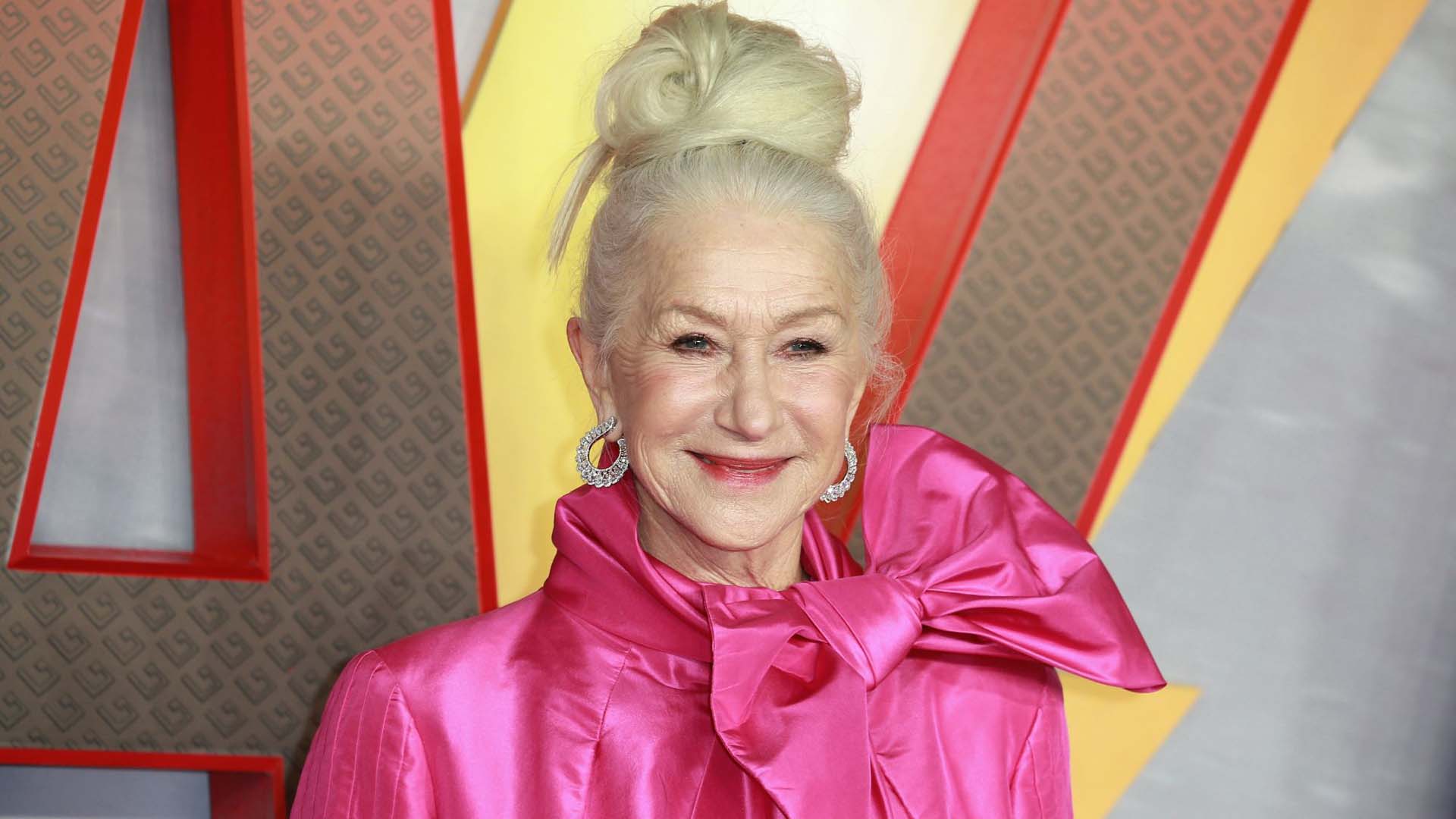Lyse Doucet on life as a foreign correspondent
The BBC’s chief international correspondent on “the pang” she feels when a major story breaks, her love of Afghanistan and the marriage proposals she’s turned down.
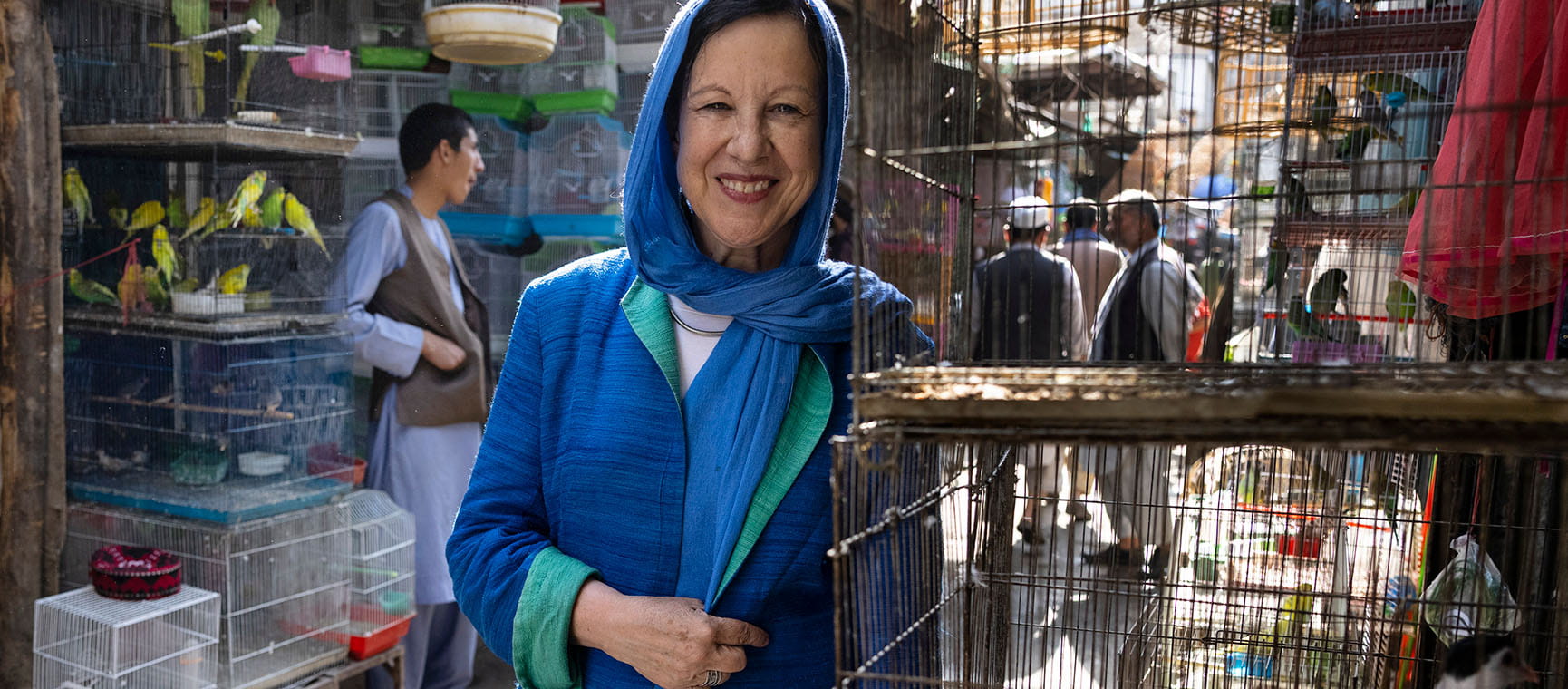
The BBC’s chief international correspondent on “the pang” she feels when a major story breaks, her love of Afghanistan and the marriage proposals she’s turned down.

Q. You grew up in Bathurst in New Brunswick, Canada. What were you like as a child?
Curious. My younger sister always tells a story about how, when the Prime Minister at the time, Pierre Trudeau, came to our little hometown, I was the one who pushed through the crowds to make sure I got his autograph. I don’t remember, but she was very impressed.
I still have a late slip from the local library asking me to bring back the book How to be a Journalist.
For me, journalism is a licence to go anywhere and ask questions, and to this day, I think, wow, I can turn up anywhere and say: “Hi, I’m Lyse Doucet from the BBC, Can I ask you a question?” And if they don’t answer, then that’s an answer too.
Q. What was the biggest lesson you learnt from your parents?
I am one of six children, and my mother would always say to us, “Whatever you do, just do your best and that’s going to be good enough.” There was a comfort in knowing that.
One of my grandmothers always kept her door open. If people ask me what skills I have, I think it is the fact that I grew up in a small town and with that comes an openness and being kind to people.
In interviews I always try to be personally warm, but professionally on the mark.
Q. You were 23 when you left Canada to pursue your dream and you’ve lived in London for many years. Where feels like home?
I am still Canadian – my family live there and I go when I can. Home is many, many places. I always wanted to be a foreign correspondent but there weren’t many jobs in Canada when I graduated. So I joined Canada Crossroads International [a development organisation] and that's how I got my ticket to travel to be a journalist.
It was a bit scary as I had no experience, no money. I was on the Ivory Coast, which just happened to be where the BBC was setting up its first West Africa office. I ended up working there for five years.
These were the times when accents really mattered at the BBC – they’d get letters asking, “Where is Lyse Doucet from? Can’t you find British people?”

Q. You’ve been reporting on Afghanistan for nearly 40 years and even called it your second home. Now it’s the focus of your first book, The Finest Hotel in Kabul. Why are you so drawn to the country and its people?
Everyone has the country that really captures their imagination for me, it’s Afghanistan. I’ve lived in Jordan, Jerusalem and on the Ivory Coast, but Afghanistan has really stayed with me.
It has helped shape my view that during war, in those most inhumane of times, you often find the greatest humanity. Over many years, the Afghans have made me feel at home. I went there for the first time in 1988 when I was 30 (to cover the withdrawal of Russian troops) and stayed for a year, living in the Intercontinental Hotel in Kabul.
So much history has passed through that hotel. When I was looking to find a new way of telling the story of Afghanistan. I decided to do it through the hotel and the stories of the staff who worked there. It’s a way of narrowing the gap, of showing that these people are not much different from us.
Q. You have also reported from Syria, Ukraine and the Middle East. Do you always have a suitcase packed?
Often, the places I work in are unpredictable. You may not have electricity, you may not have running water, you may not have food in the morning. So, I travel with the minimum to know that I can start the day.
I carry a kettle and an iron. When I was in Jordan, I even brought a toaster – there is nothing like toast in the morning! Sometimes, colleagues made fun of it, but I remember in the Kashmir earthquake, everyone lived off my little kettle and my tea bags. It has to be Yorkshire Tea – I like a strong cup of tea.
Now I bring a mug, because I like a big mug. I have a hardcase suitcase and it has all those basics in it, ready to go.

Q. Do you still get excited when you get a call from your editors saying: “We need you to go”?
I call it “the pang”. Something happens and you feel it in your stomach – like it’s physical, you want to be there. Sometimes I curse the pang – you’re going to your sister’s wedding or your friend’s birthday party and something happens.
It’s hard. The worst part of our life is letting people down. I joke – but it’s not really a joke – that journalism is an excuse for bad manners.
Q. You’ve never married or had children. Are there personal sacrifices you’ve made for “the pang”?
I’ve come close to marriage a few times, but in retrospect it was probably the right decision because either I was too young after high school or after university. All of them were quite significant people in my life.
But if you’re going to marry young you have to be able to move from your 20s to your 30s to your 40s – and move together. Relationships have to add rather than subtract. Early on, I wasn’t willing, I didn’t feel I was ready to be married. I don’t want to live a life with regret, and I don’t have regret.
I have many good friends. I’ve had many good relationships. I have some women friends for whom having a child was really important – it wasn’t that important to me. I have children in my life in many other ways – my nieces, for example.
Q. What makes you laugh?
I’m afraid I like to tease people. I say to them being teased is a compliment, it means I respect you and I want to be able to share some humour. It’s important to see the brighter side of life. I don’t want to mire in the darkness.
We have this great privilege of living lives that many literally would die for. One of the things people used to ask when I came back from Gaza or Afghanistan or Africa was “Do you feel guilty?” I said no, we should enjoy simple things like sitting in a café without having to worry about a rocket coming in or being shot. This is normal life and we should enjoy it, because these are the things that make it worthwhile. Guilt is a useless emotion.

Q. What is the most important life lesson you have learned?
As I get older, I realise what a waste of time it is to worry. It sounds cheesy, but it is just about living in the moment. However, having never focused on numbers, turning 65 was a light-switch moment for me. I don’t know why.
There’s this saying that we all have two lives, and the second one starts when you realise you only have one. So, for me, my second life started when I turned 65. It was quite extraordinary, I didn’t expect it. I am 66 now and I don’t focus on it. I am just mindful that time is precious.
Q. Have you any secret skills that people don’t know about?
I represented my province [in Canada] in curling. I don’t do it now. I wish I had learnt the violin because fiddling is part of my Acadian ancestry [the former ‘New France’ in northeastern Canada/US] and my Irish ancestry. If I write another book it will be about the Acadians because I think it’s a fantastic, inspiring history.
Q. If you were a Minister for the Saga Generation, what would you lobby for?
Sometimes people say that you become invisible after a certain age. Yet people are writing books in their 80s, and I have been in places where leaders were in their 90s. I think we should banish the word “retirement”, I feel we need new language.
I would not use the word retirement, I would say I am refocusing or reimagining my life. The way we talk about ourselves often manifests in the way we present ourselves. And as soon as we say “retired”, we get pigeon-holed.
Q. Can you imagine a time when you are not doing the job you are doing now?
At a certain point you know [it’s the right moment], and you don’t want to stop the next generation coming up. I’m not there yet. As of now, I am healthy. They say when you get to the point where every story feels the same, where you don’t care any more, it’s not fair to the people you are reporting on.
Part of the reason for The Finest Hotel in Kabul was to see if I enjoyed writing it, and now it’s up to the readers to tell me whether they think it’s good. And then I will see.
The Finest Hotel in Kabul, by Lyse Doucet (RRP: £25 Cornerstone)

Your chance to win a 14-day tour around the Rockies and Vancouver for two, worth more than £8,800.
T&C’s apply.
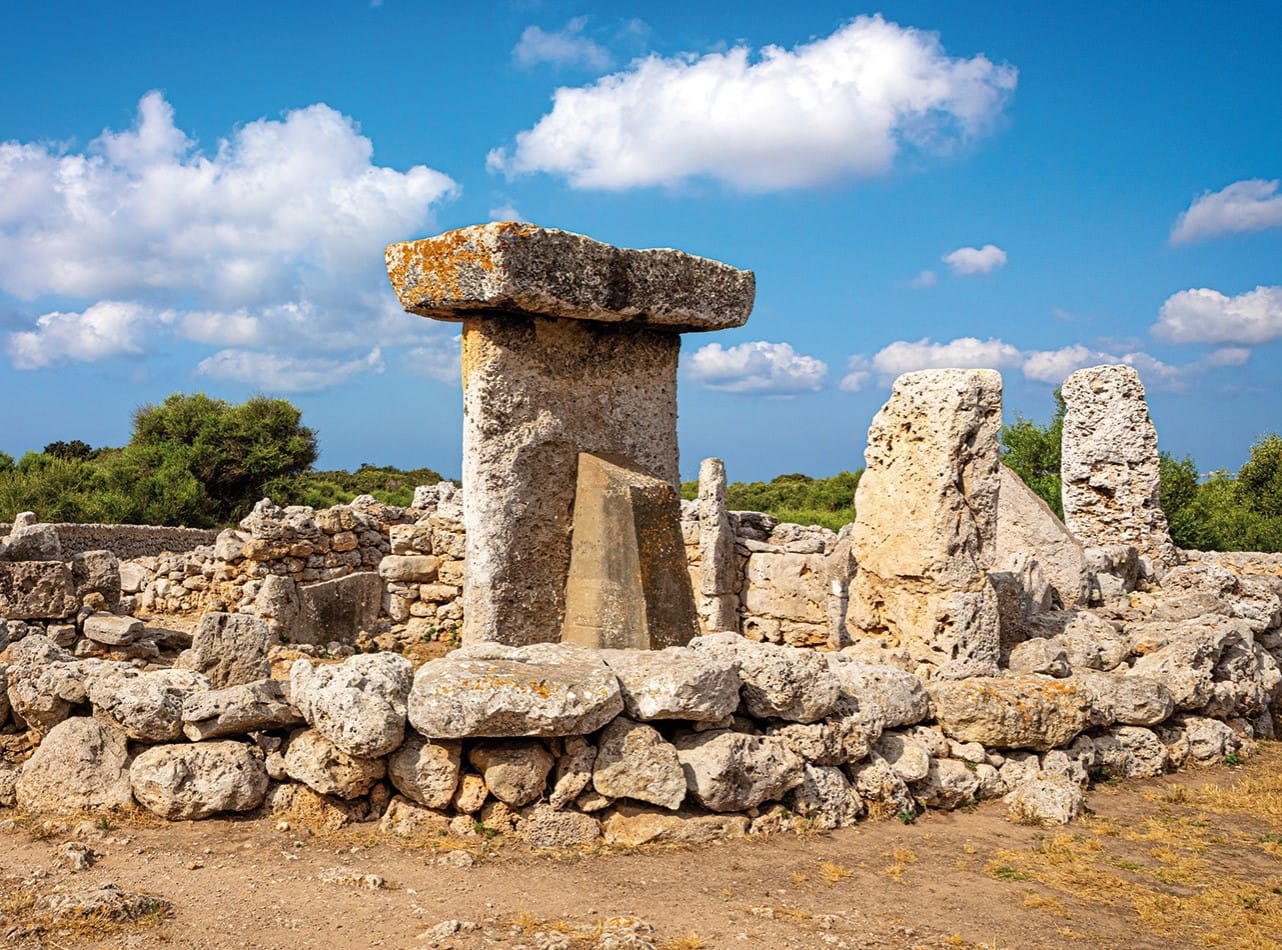
Find out about special interest holidays here...
On Saga’s archaeology holidays, you'll explore artefacts from early European civilisations as expert hosts share stories of famous archaeological sites – along with a few hidden gems.

Jenni Murray is back behind the microphone as she chats to national treasures and household names.
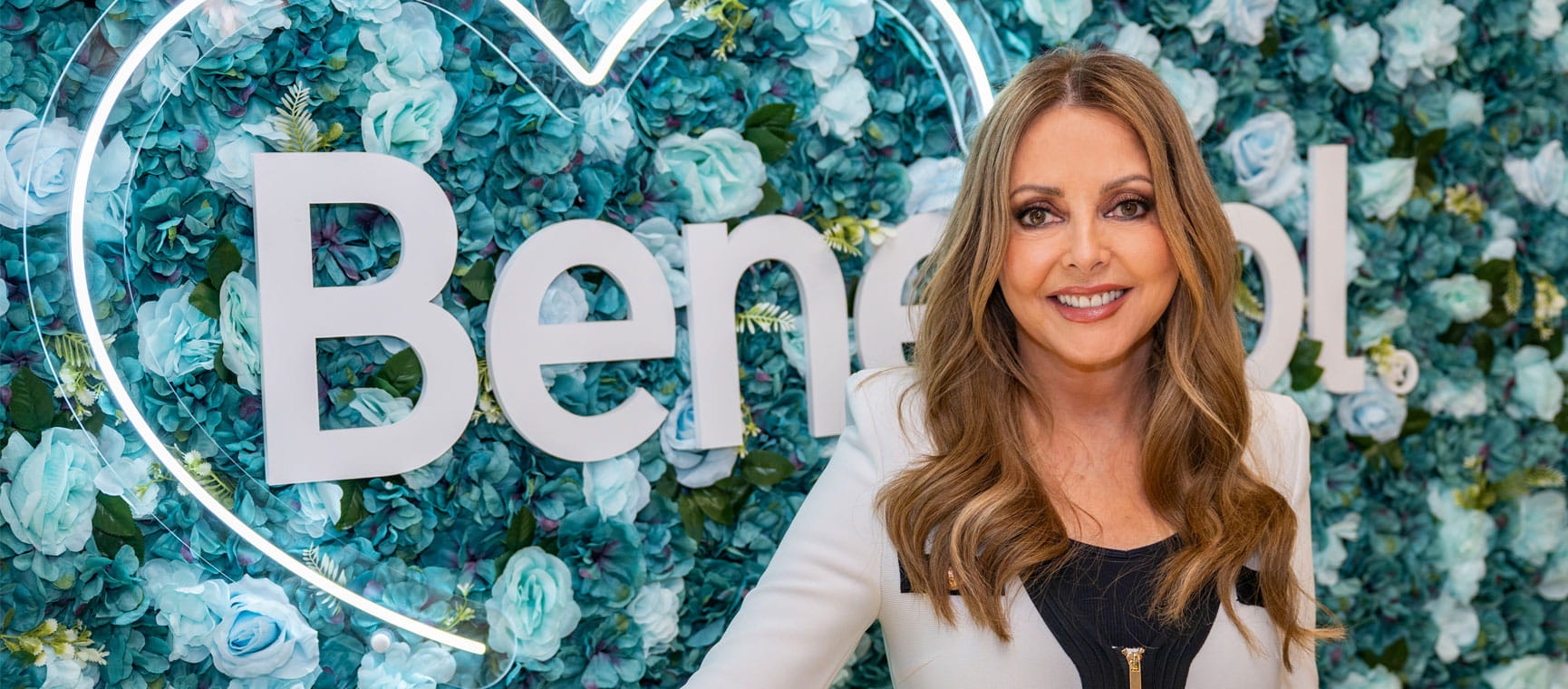
The TV star chats about health, her love of sprouts and why she’s been proven right about the detox diet.
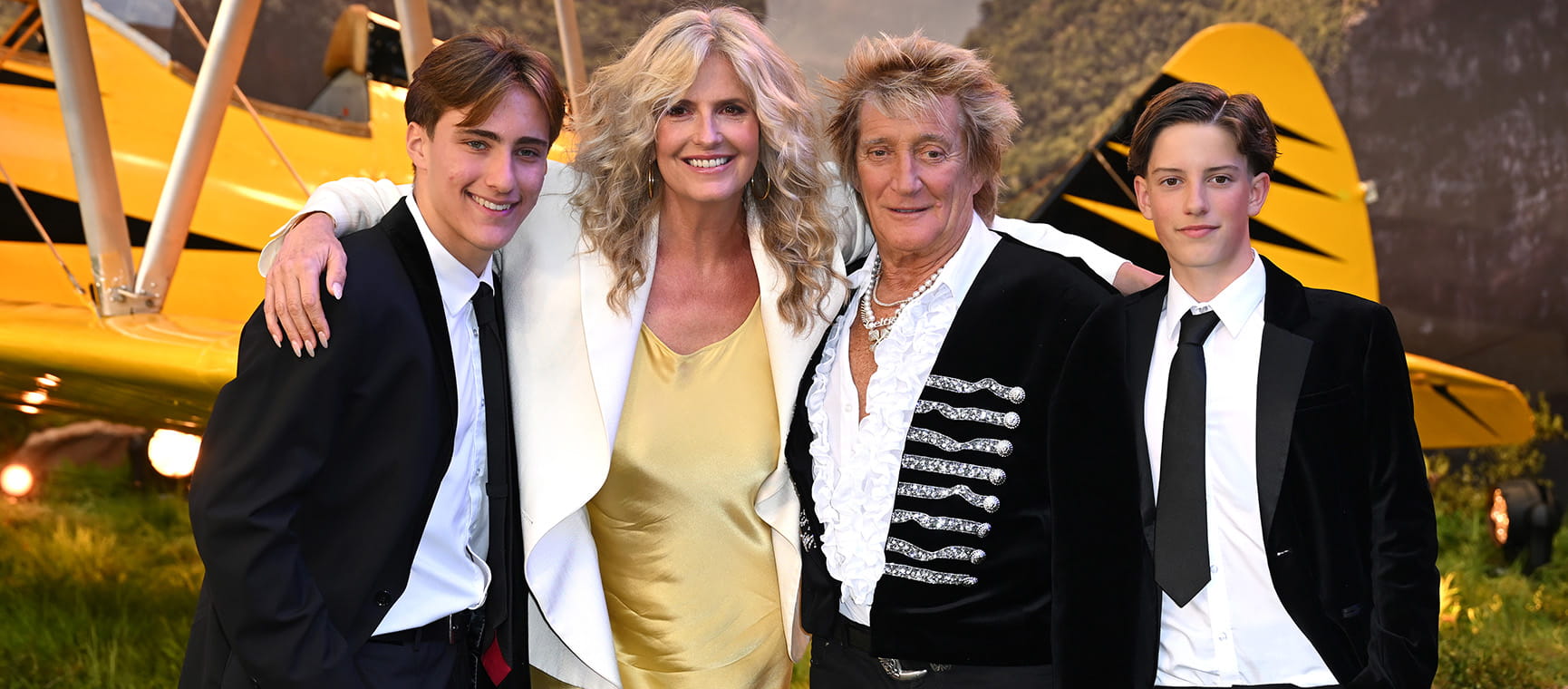
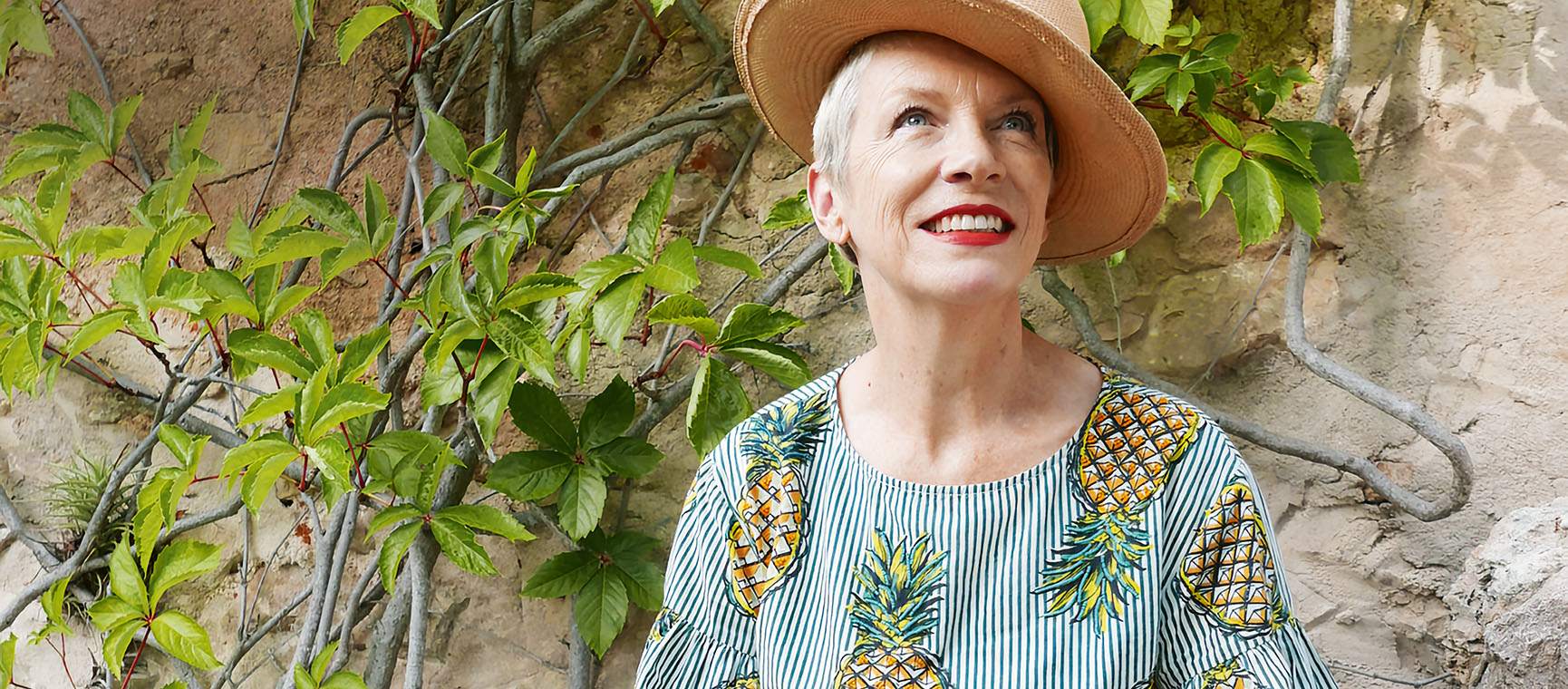
The singer-songwriter on being diagnosed with ADHD at 70 and how she’s ageing on her own terms.

The UK’s bestselling contemporary poet talks about finding huge success in later life and why Christmas is her lifeline.
.jpg?la=en&h=541&w=1232&hash=68EDA28677DE015BF53916AA57CAD1F7)
For the Bake Off judge, the funniest festive season was the one when the lunch went completely wrong.

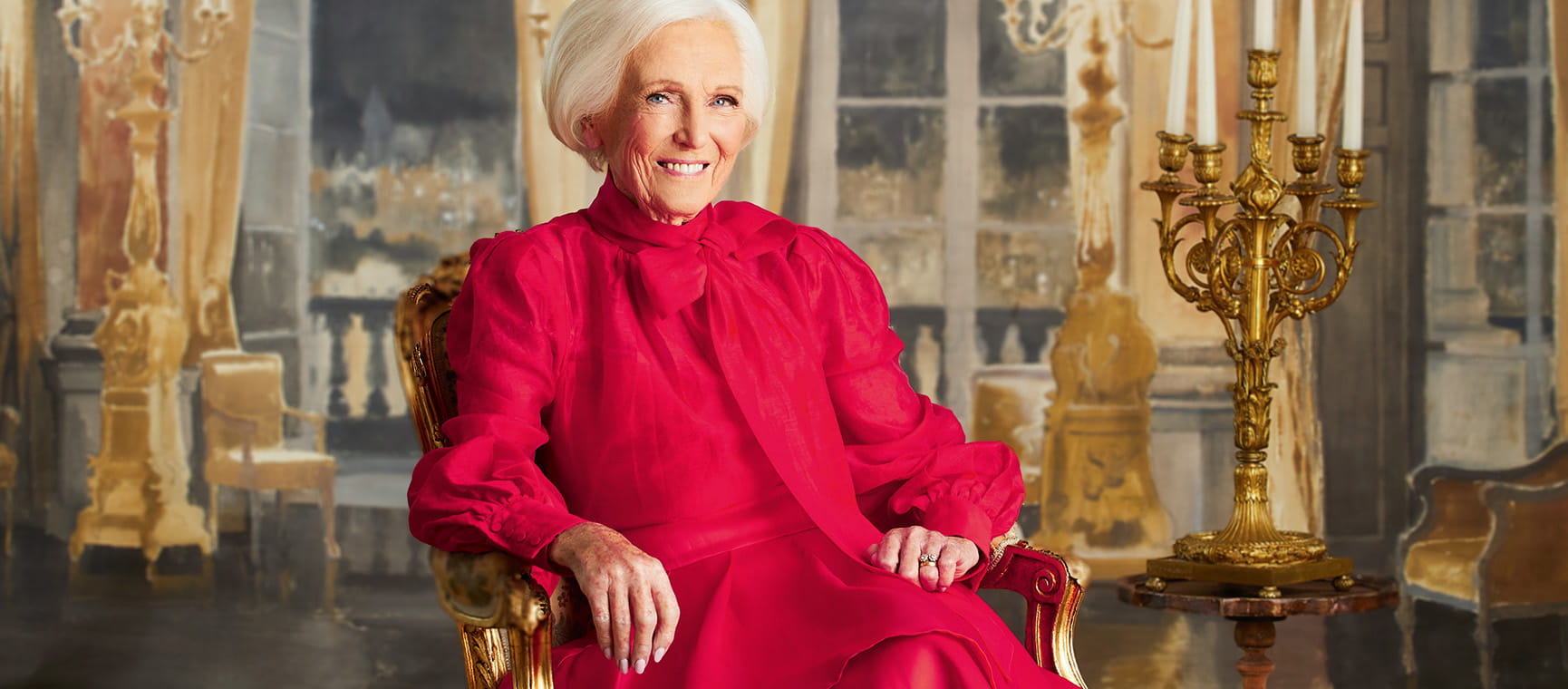
The baking queen on celebrating her 90th birthday, her daily indulgence and why her husband Paul thinks “cooking is boring”.
